Isadora / Loves of Isadora, The (1968)
“You’re a legend, aren’t you? A legend in your own lifetime.”
|
Synopsis: |
|
Genres, Themes, Actors, and Directors:
Review: … to her creation of a bohemian, naturalistic dance style (in direct contrast to the constraints of classical ballet): … to her affairs with Craig (Fox): … and wealthy Singer (Robards, Jr.): … both of which led to beloved children. SPOILER The tragic deaths of her son and daughter had an enduring impact on Duncan, one from which she understandably never fully recovered. We see her trying to find meaning and purpose in her life after this by following an invitation to the newly emergent Soviet Union: … where she embarked on an affair with a poet (Crnko) 18 years her junior. Throughout the film, all of these storylines are intercut as asynchronous flashbacks told by a perceptibly distressed and distraught Duncan, whose life continued on a downward spiral. We see what brought her the most joy — primarily her work with children: … though unfortunately there isn’t enough emphasis in the film on this, despite an overly lengthy running time (itself cut down from Reisz’s original vision) which often drags. The overall impression we get of Duncan was that she was a free-spirited, non-conforming, at-times-loopy woman who relentlessly lived according to her own sensibilities; it’s too bad her innovations in dance were ultimately overshadowed by her challenging life and hideous death. Notable Performances, Qualities, and Moments: Must See? Links: |
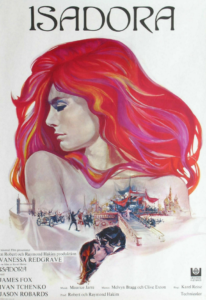
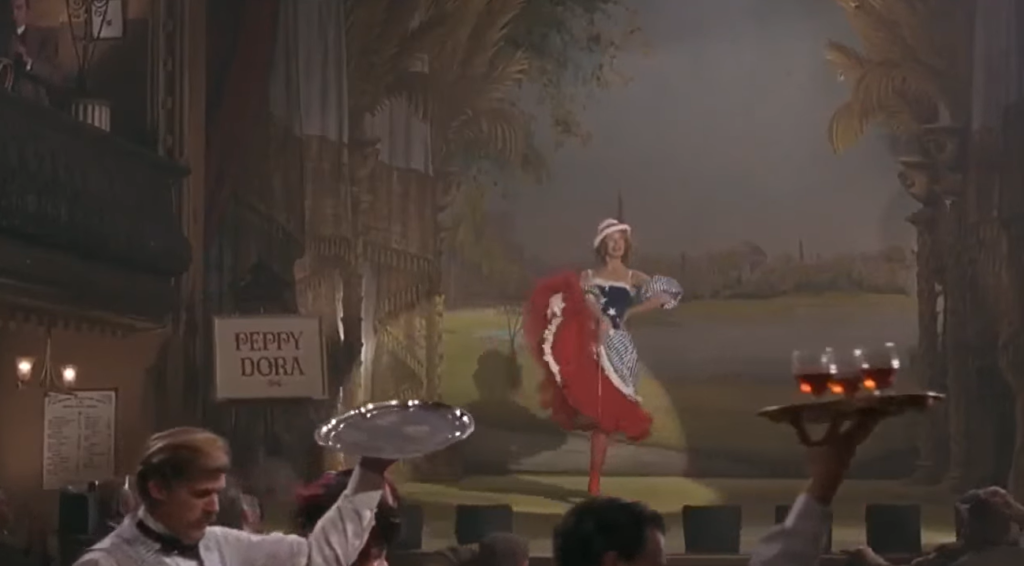
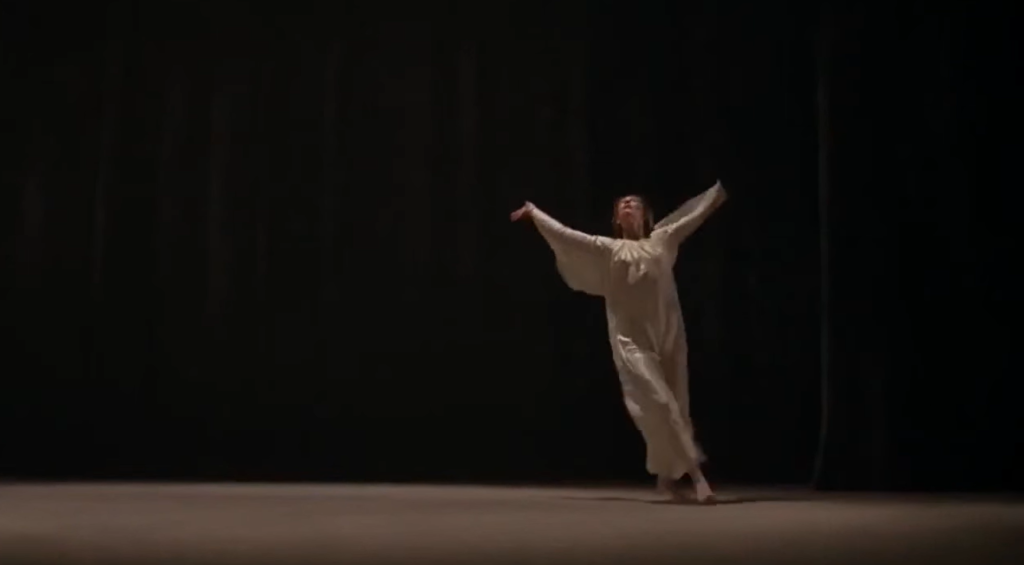
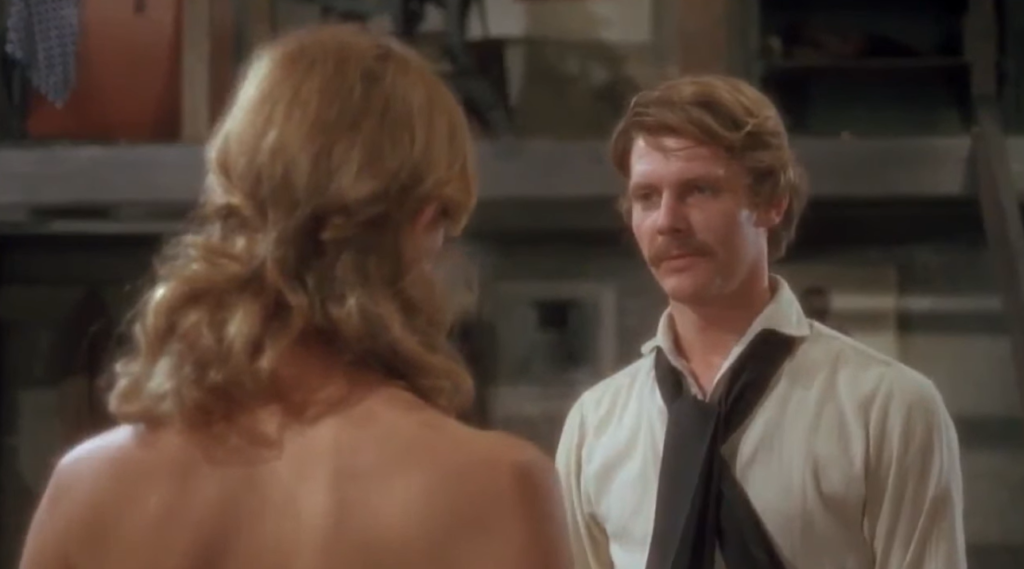
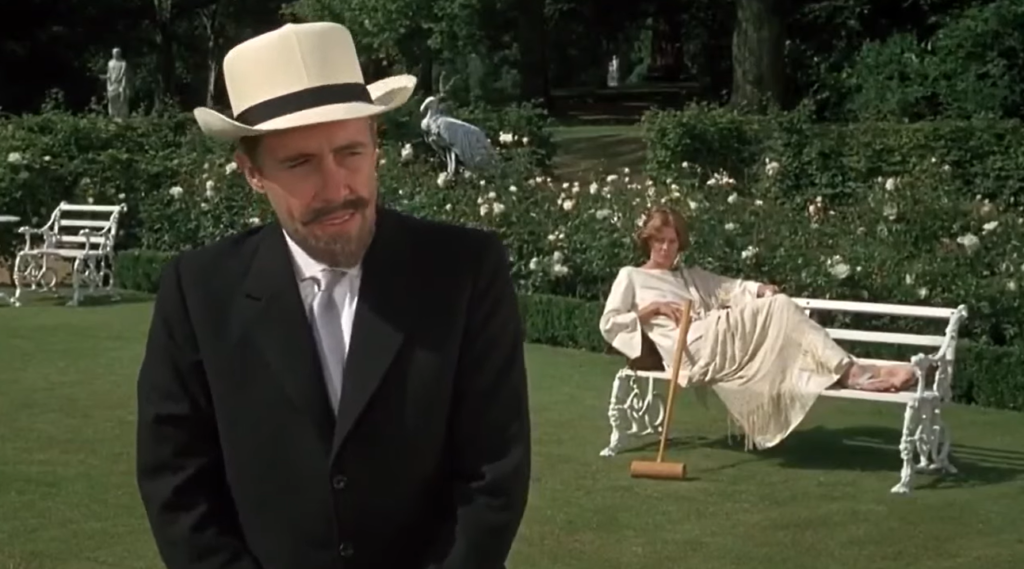
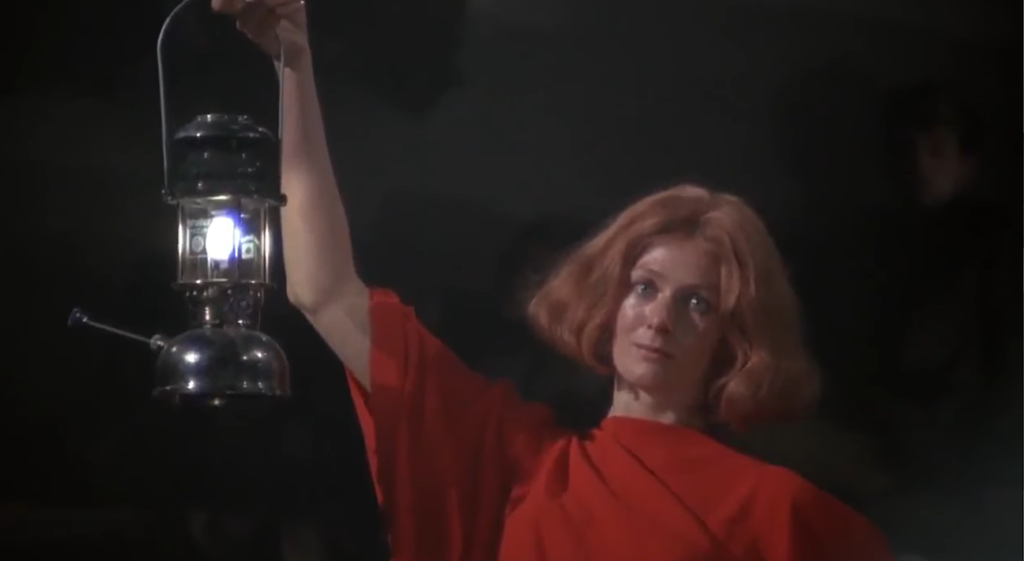
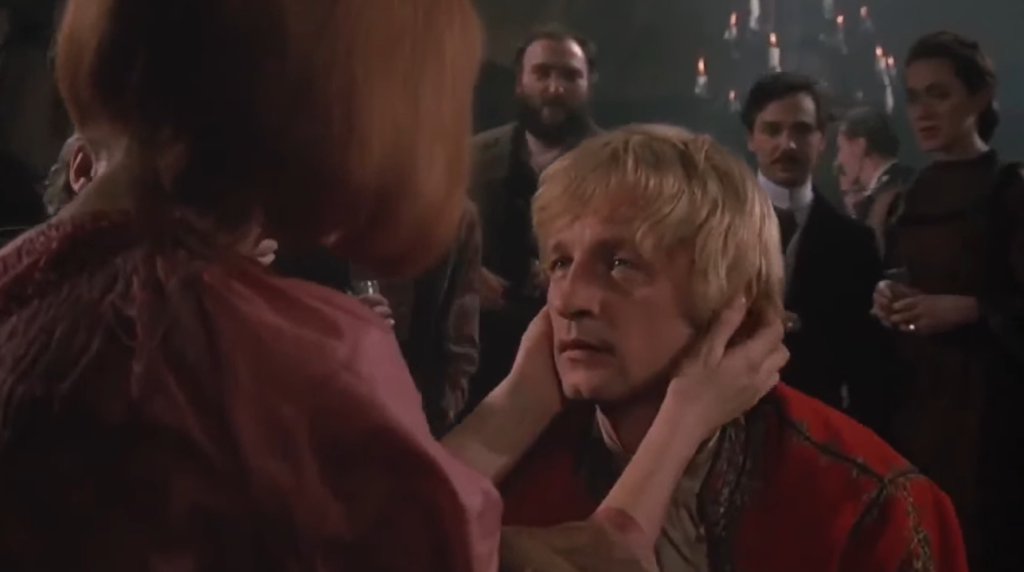
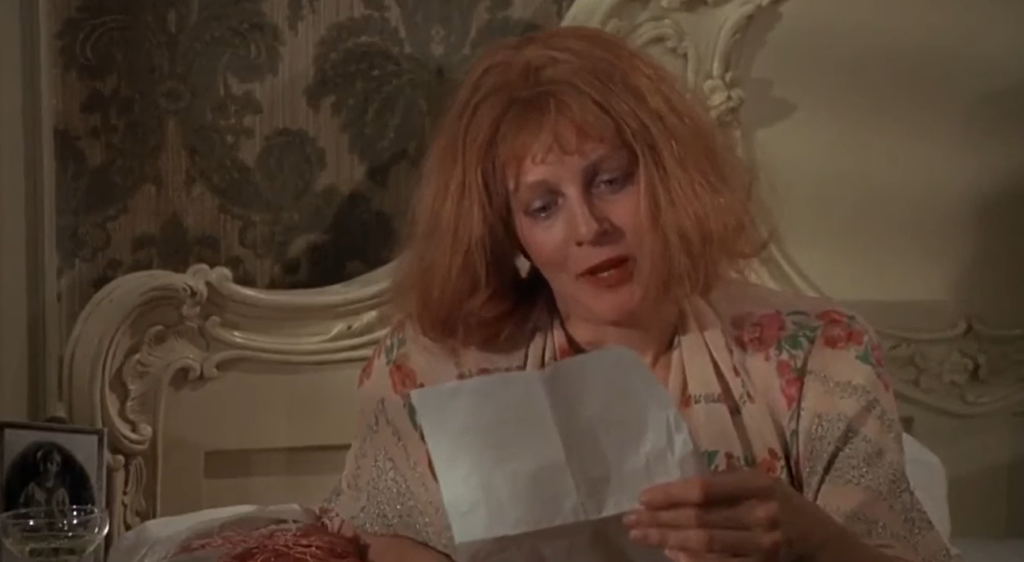
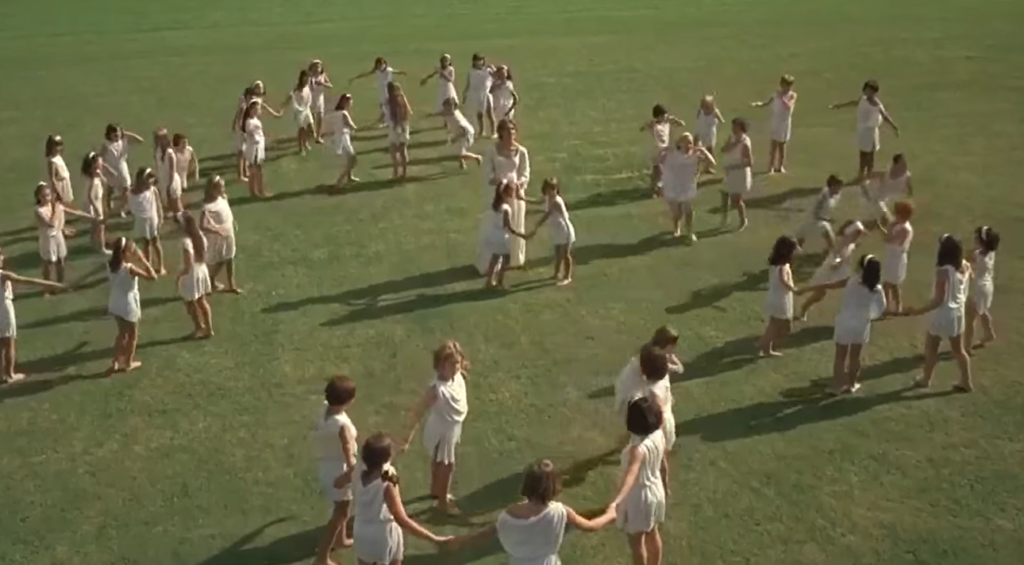
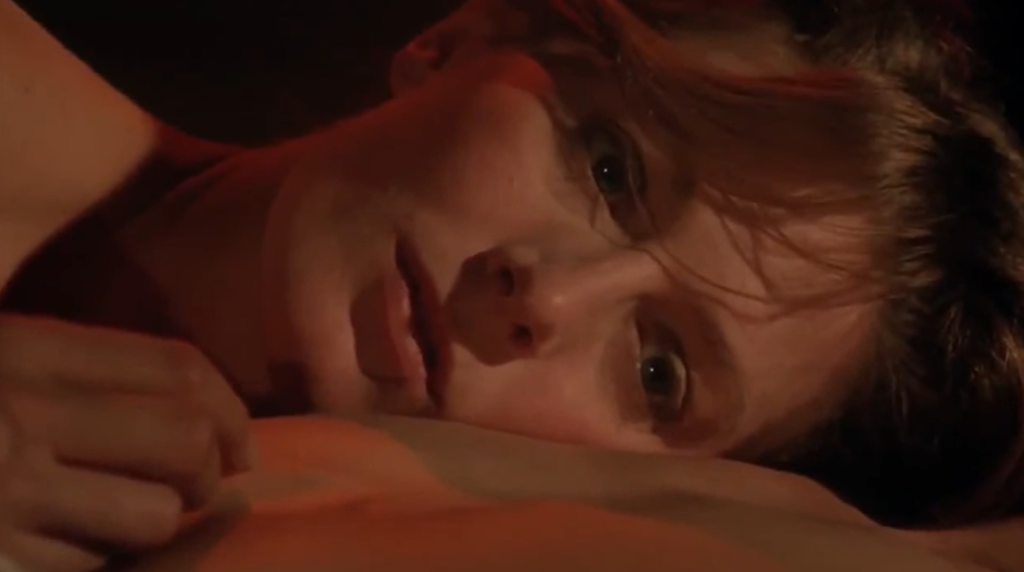
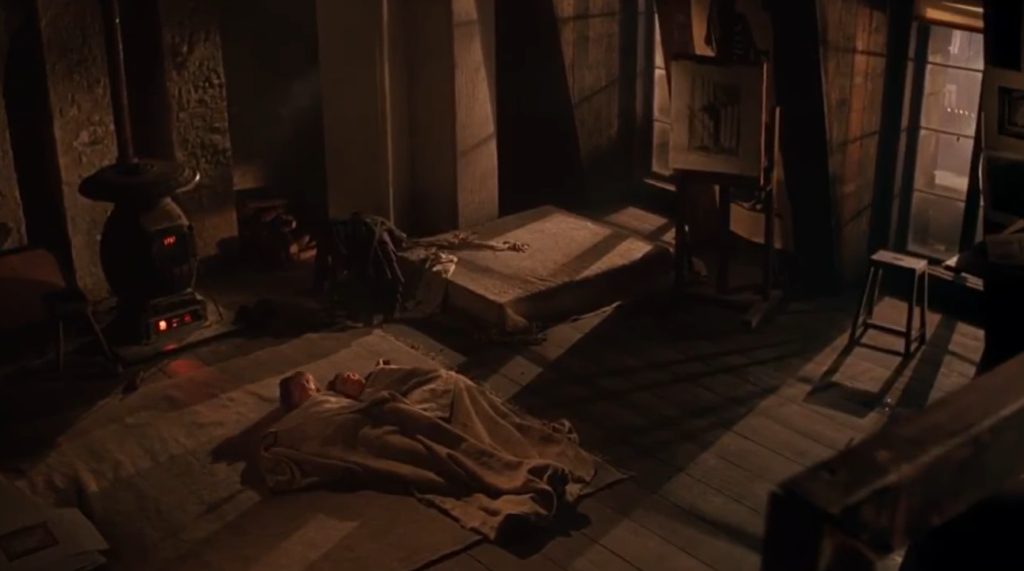
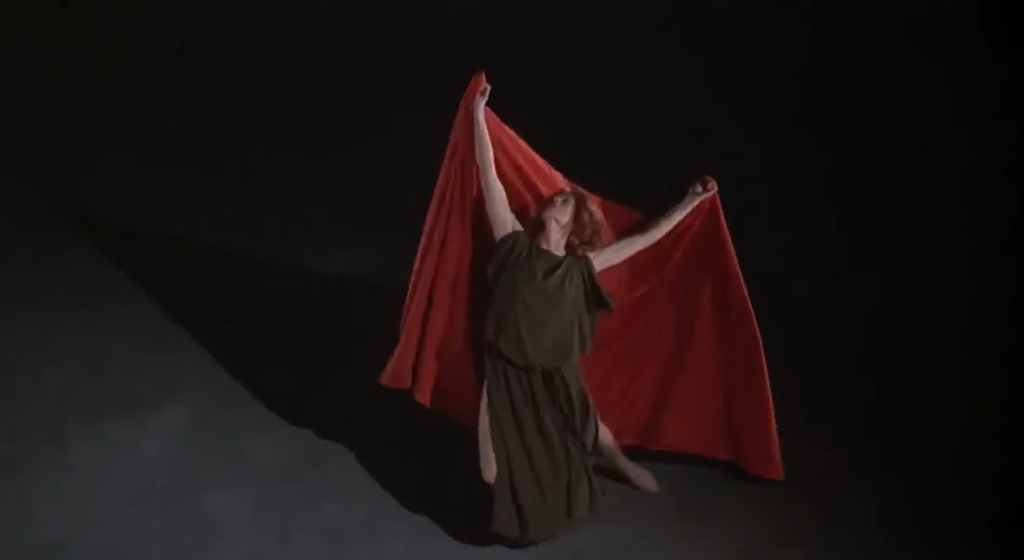
One thought on “Isadora / Loves of Isadora, The (1968)”
Rewatch 11/28/21. A once-must, for Redgrave’s performance. As posted in ‘Revival House of Camp & Cult’ (fb):
“To dance is to live, and that’s what I want – a school for life.”
‘Isadora’: Upon hearing that revolutionary dancer Isadora Duncan had died by strangulation – when her long scarf was caught by a car’s back tire – Gertrude Stein reportedly remarked, “Affectations can be dangerous.” Of all the words that could have been used to describe Duncan, the most appropriate one appears to be ‘affectation’: to appear to have a quality not really or fully possessed.
Karel Reisz’s 1968 film seems to beg that question: Did Duncan possess any quality that was real? The question goes unanswered. It’s doubtful perhaps that anything resembling a real answer can be found in the memoirs published shortly after Duncan’s death (‘My Life’, 1927).
What this film puts forward is that Duncan was an inherent rebel, possessed of a chronic antipathy to everything in life but self-expression. This aversion included everything from government to class systems to personal responsibility. She seemed as passionate as she was reckless, as determined as the ego that drove her. The final impression remains that of an enigma.
In a marvelously full-throttle performance that won her Best Actress at Cannes and by the National Society of Film Critics, the boldness of Vanessa Redgrave (who trained in the Duncan style for six months before filming) is never matched by anything that affords much sympathy. That seems fitting. One would think that the real Isadora never cared whether she was liked as a person – only adored as one who held The Secret of Life; a secret that, for all its expressiveness, kept Duncan singularly insular.
Side note: 2 years prior, Ken Russell made an hour-long Duncan biopic for the BBC, which starred Vivian Pickles. That film has more of a focus on the kind of hand-to-mouth existence Duncan’s foolhardy nature all-too-often put her in. Reisz’s film takes the side of what made Duncan legendary.